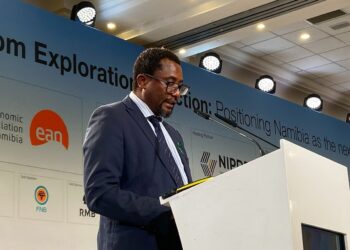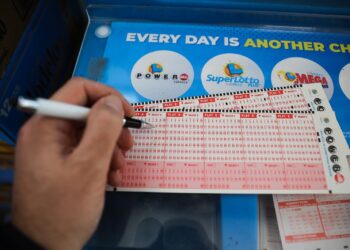
The Namibia Statistics Agency (NSA) says it will launch a reconciliation operation in February to verify discrepancies in data captured during the 2023 National Population and Housing Census and its post enumeration survey.
NSA Statistician General Alex Shimuafeni said the exercise is an assurance check of the post enumeration survey to ensure that all data captured correlates to that contained in the census.
This is done by evaluating and measuring the extent of census coverage and content discrepancies, which are then resolved during the reconciliation phase.
“Some scenarios that would necessitate NSA to go back to the field for reconciliation include differences in age, sex, relationship, and marital status,†he said.
“For example, a person recorded as 37 years in the census and 40 years in the post enumeration survey, but their other demographic characteristics are the same. Another case would be a person recorded as married with a certificate in the census yet recorded as never married in the post enumeration survey.
“The reconciliation operation will be from 1 to 14 February 2024, whereby NSA officials will have to go back to the households that have persons who are found not to be matching. This means they were found with details that do not completely match the census and post enumeration survey information collected. Thus, this will be done to determine the correct final match status of these individuals,” Shimuafeni said.
He added that identified households with unmatching data will be contacted telephonically or in person, highlighting that the exercise serves to guarantee accurate and reliable data for the content and coverage.
The operation, to be manned by 364 staff members who are yet to receive a two-day training at the end of this month, will be conducted countrywide.
During the exercise, about 115 vehicles will be pooled from the existing database, only in special cases can previously used cars be rehired to promote fairness, Shimuafeni said.
“It is important to highlight that though the post-enumeration survey was conducted in all regions, it is a survey and therefore only interviewed households within the sampled enumeration areas,†he said.
“Those interviewed households will be used to account or aggregate for those that were not interviewed for the post enumeration survey. Equally, we must highlight that if a household was not interviewed for post enumeration survey, it would not be visited for the reconciliation operation, however not all those who were contacted for post enumeration survey will be contacted for reconciliation,” he added.











